In the next few days, contractors hired by the Ville de Longueuil will capture and kill 75 white-tailed deer in Michel-Chartrand Park, including several pregnant females who are due to give birth in the next few months.
Rather than pushing the social acceptability of mass culling methods, the city should be leading the way in ethical and innovative wildlife management, based on the best available science.
The Montreal SPCA is alarmed not only by Longueuil’s decision-making process in this matter but also its choice of solution. We are also concerned about discussions that foretell similar operations in large Montréal parks and Sépaq sites.
The management of the deer population in Michel-Chartrand Park should have been analyzed based on international best practices and a commitment to sustainability, in consultation with animal welfare experts and animal protection organizations, not just with environmental stakeholders. Unfortunately, a short-term solution—slaughter—has been chosen and it would appear that there is no plan in the mid- to long term for ethical, responsible management that would favour alternatives to killing.
Lethal population control methods are not well perceived and public opposition has been incorrectly labeled as “emotional” when, in fact, the science shows that such measures are ineffective in the long term. Capturing and killing deer, as Longueuil has chosen to do, creates a vacuum that is soon filled as other animal populations re-invade the territory.
Studies show that, as with the management of stray cat populations, maintaining a group of sterilized animals on a given territory is the best way to curb overpopulation. One promising approach is vasectomizing male deer. This operation can be performed in the field without transporting the animal, and since sterilized males retain their territoriality, they partially prevent the arrival of other fertile males.
Relocation, another sustainable approach to animal overpopulation, has been explored by recent studies in British Columbia and elsewhere in the world. A meta-analysis shows the statistically good success rate of these types of operations (2017, European Journal of Wildlife Research).
Increasing hunting in semi-urban areas, is also often mentioned as a possible solution. However, it should be noted that this approach creates in significant danger and is not widely accepted by the public.
As climate change and urban sprawl exert growing pressure on wild animal habitats, we must rethink our harmonious cohabitation with various animal species in urban and semi-urban areas. This reflection should draw on recent science, ethical principles and a duty of stewardship towards the animals who share our living environments.
Élise Desaulniers
Executive Director of the Montreal SPCA







